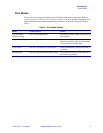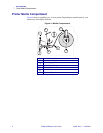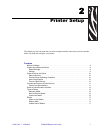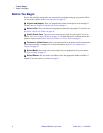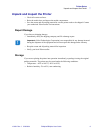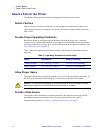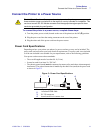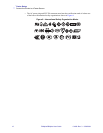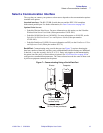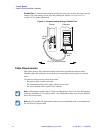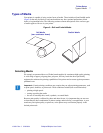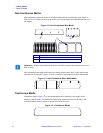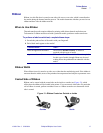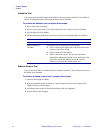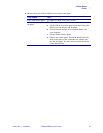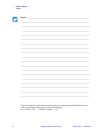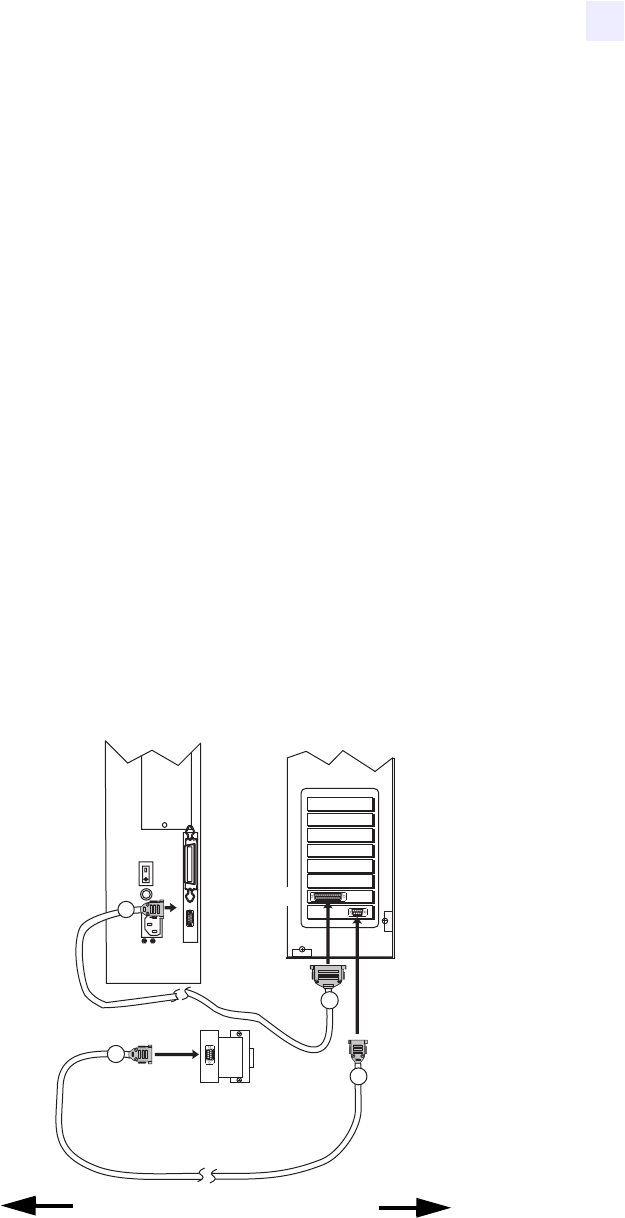
Printer Setup
Select a Communication Interface
13163L Rev. 3 5/20/2004 Z4Mplus/Z6Mplus User Guide 13
Select a Communication Interface
The way that you connect your printer to a data source depends on the communication options
installed in the printer.
Standard interfaces: The RS-232 DB-9 serial data port and the IEEE 1284 compliant
bidirectional parallel port. For further information, see Data Connections on page 101.
Optional Print Servers:
• ZebraNet Wireless Print Server. For more information on this option, see the ZebraNet
Wireless Print Server User Guide (Zebra part number 13422L-001).
• ZebraNet 10/100 Print Server (10/100 PS). For more information on 10/100 PS, see the
ZebraNet 10/100 Print Server User and Reference Guide (Zebra part number
47619L-001).
• ZebraNet PrintServer II (PSII). For more information on PSII, see the PrintServer II User
and Reference Guide (Zebra part number 45537L).
Serial Port Communicating using a serial data port (see Figure 7) requires choosing the
baud rate, number of data bits, stop bits, parity, and handshake (default settings are 9600 baud,
8 data bits, 1 stop bit, no parity, and
XON/XOFF). Parity only applies to data transmitted by
the printer since the parity of received data is ignored. See Serial Data Port on page 102 to
configure the communication parameters. The values selected must be the same as those used
by the host equipment connected to the printer.
Figure 7 • Communicating Using a Serial Data Port
Printer
Computer
Null modem adaptor
(if using a standard
modem cable)
Male
25
9
9
9
50 ft. (15 mm) maximum



